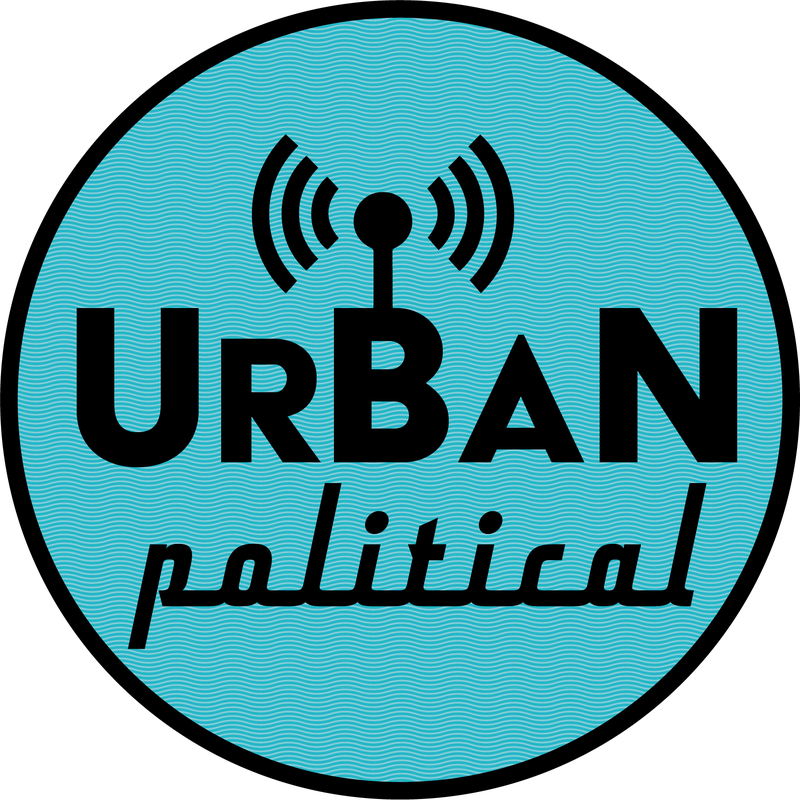The urban politics of density in and beyond the pandemic
This podcast explores how the pandemic is changing density around the world and generating forms of politics. With a diverse group of scholars and practitioners from around the world, the podcast addresses the following specific questions/ themes:
How should density be conceived and why is it important to understanding cities (and the pandemic)?
What is the pandemic doing to different forms of density?
Is the pandemic changing the ‘where’ of density?
Is the pandemic changing how we understand density? Do we now need to think about density in a different light or can we use the debates and concepts we’ve used in the past?
The podcast is moderated by:
Colin McFarlane is Professor of Urban Geography at Durham University, UK. His work focusses on the politics of urban life, particularly in relation to density, infrastructure, and equality.
Our Guests are:
Hung-Ying Chen is a Post Doctoral Research Associate at Durham University (UK). Trained as an urban planner and urban economic geographer, she is researching the political and cultural economy of land value capture and the sensorial geographies of urban density and precarious politics
Roger Keil is a Professor at the Faculty of Environmental Studies and Urban Change, York University in Toronto. He researches global suburbanization, urban political ecology, cities and infectious disease, and regional governance.
Lucía Cerrada Morato is the High Density Development Project Manager at Tower Hamlets Council, London. Trained as an architect and urban designer, she is currently completing a PhD at the Bartlett School of Planning.
Margot Rubin is a senior researcher and faculty member in the University of the Witwatersrand (South African Research Chair in Spatial Analysis and City Planning) in Johannesburg.
Photo: Hong Kong by Colin McFarlane.
